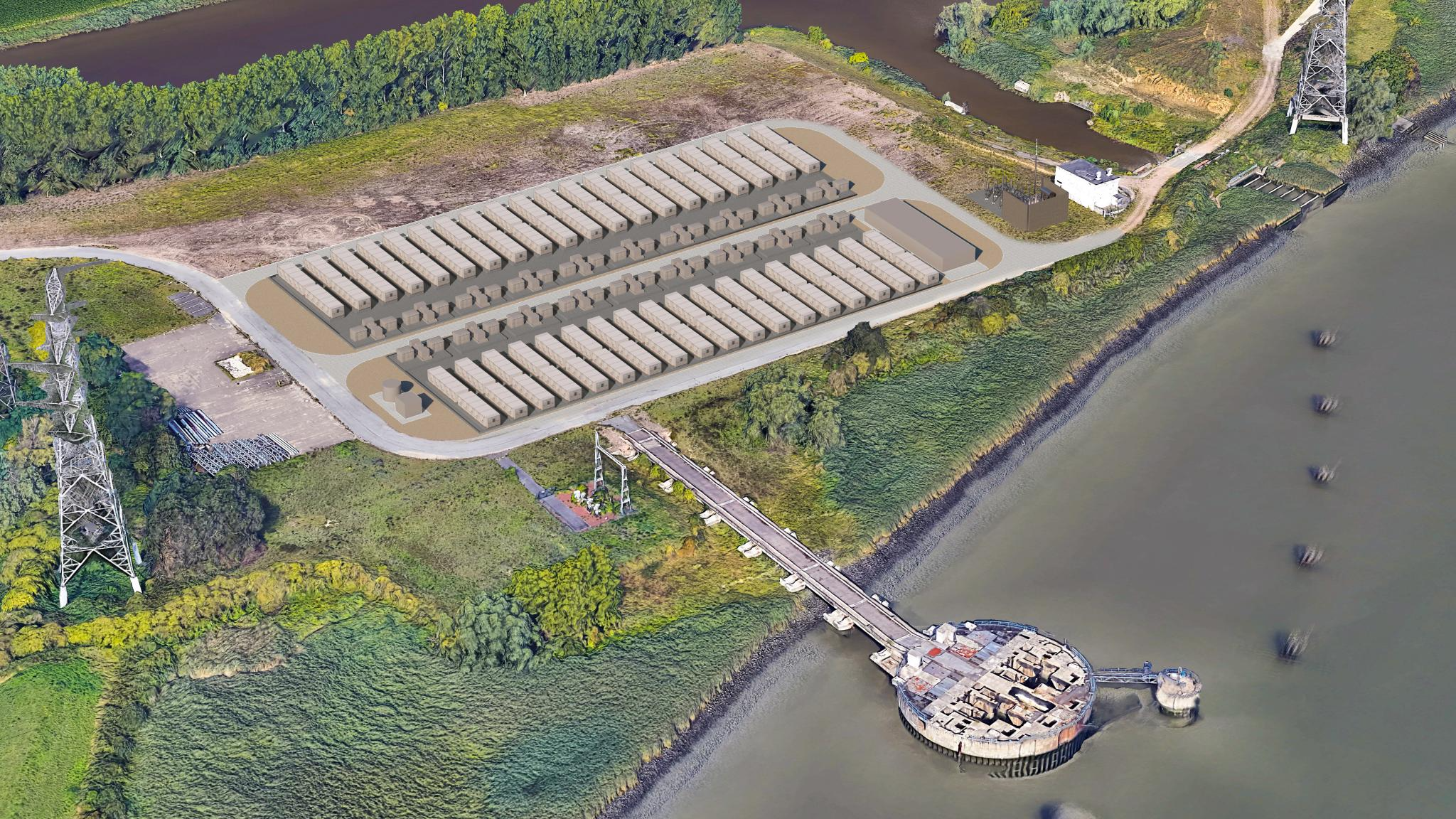
Six Belgian battery backup farms and one gas power plant get support

This is what Engie’s future battery farm should look like on the site of the old Kallo power plant. Engie also won CRM subsidy support for a new battery farm /Engie
In a new auction of the Capacity Remuneration Mechanism (CRM), the support mechanism to ensure electricity supply in Belgium from 2025, seve


Comments
Ready to join the conversation?
You must be an active subscriber to leave a comment.
Subscribe Today